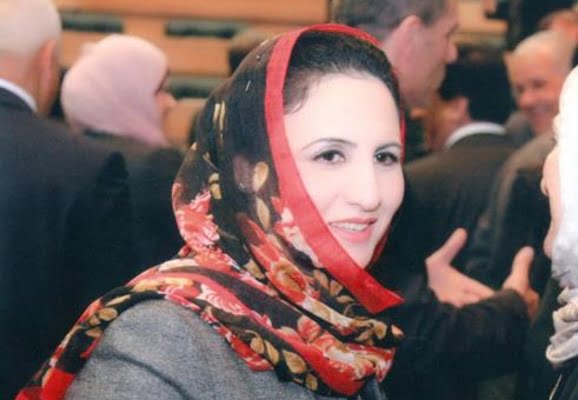
Chronic incidents of child abuse within families, on the streets and even inside schools, all of which have failed to put real pressure on the government to speed up the legislation to protect the child from violence, a legislation that has been in place for nearly ten years today.
Against this background, all efforts made in order to ensure the protection of the child in Jordan by local institutions and civil society institutions will eventually go with the wind if the legal framework does not guarantee the punishment of those who violate childhood with violence, and if it does not establish a culture of punishment for a wide range of children in schools without even passing through The so-called culture of reward which is absent from many of our educational institutions in specific.
Every time a case is made public, it makes it absolutely clear that the efforts exerted on the issues of childhood in Jordan have not affected the change in the culture of violence towards children and have not been able to find an explicit formulation of the acts against children that are considered violent. This can only be determined by a clear legislation that defines concepts and establishes penalties to ensure that the new generation does not inherit the same negative perceptions of child discipline.
We are not reviewing the murders committed against children in Jordan when the offender is a member from within the family, in fact, this crime is considered to be a mere consequence of the confusion between the concept of discipline and the violence committed against the child. However, we are examining the practice of teachers in public and private schools of verbal and physical violations against children, which is reflected negatively on their behavior at home, not to mention the psychological impact it could have on these children over the years.

These violations were quite clear in the video that circulated all social networking sites of a teacher in a private school severely oppressing a child. In fact, the video reflects the mentality of a number of teachers who still believe that insults and beatings are the right path to education. This, alone is a major problem. However, the bigger problem is to know whether it was the teacher who willingly filmed the video that featured her abusing one child in particular and the rest of the classroom, and if it was her who voluntarily published it as one of her “championships”.
Now the question is: how will children feel towards their teacher after this collective bullying, and what will govern the relationship between the teacher and her “children” then? I believe that a decision by the Ministry of Education towards this teacher can be an important message first for children in the class who will be convinced that those who abuse them in school will not stay close to them and that it is not permissible to be patient with such acts if they are perpetrated by other teachers, and second, the message directed to those working in education that abuse and violence against children would not be acceptable.
The distortion of the prevailing culture regarding child’s education led to some crimes against children that were committed under the pretext of “education.” There are those who killed their son or daughter by beating them under the pretext of “good will” and based on their conception of the method of education their parents used on them in the way they were brought up. It is, in fact, this conception that should not be transmitted to the new generations, which believes that beating, regardless of its levels, is an essential means of upbringing.
In order for us not having to deal with crimes against children committed within their families, we must accelerate the enactment of legislation that protects children in general and not only save ourselves from committing violence against children. As a matter of fact, this legislation has to also protect the children’s right to health and education and their right to refuse roaming the streets with the blessing of their parents and to protect their right to adequate housing and healthy eating, a role in which the government’s efforts must be combined with the parents’ in order to provide those needs to any child on Jordanian soil.


